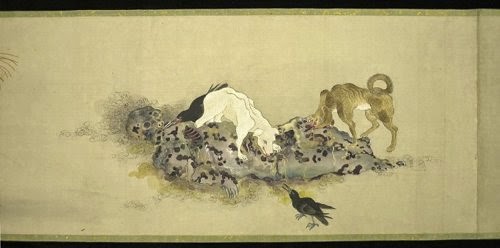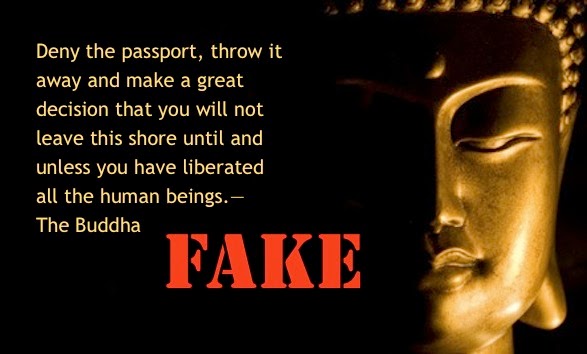Going Beyond the Smoke and Mirrors, Mindfulness

Illumination or Elimination Many people who go to a formal meditation retreat want to get something. That something might be relaxation, stress relief, a sense of community, simple silence or even some kind of illumination leading to special insight. There are many things to get out of a meditation retreat, but meditation isn’t so much about getting something, not even illumination, as it is about elimination. We are trying to eliminate the sense of self that keeps getting in the way of our happiness. It gets in the way by presenting a huge array of “goodies” for us to attach to: goodies like a happier relationship, better job, more money, a new car, bigger house, a new smart phone, the biggest, best and latest anything. It is little wonder that this world is sometimes called the “Candy Store World” or Saha World. The Sanskrit word saha means endurance and choices we feel we must make among the goodies is often hard for us to bear. Sometimes we attach to the stu...


.jpg)
